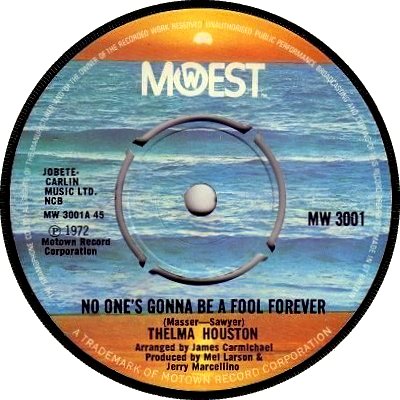
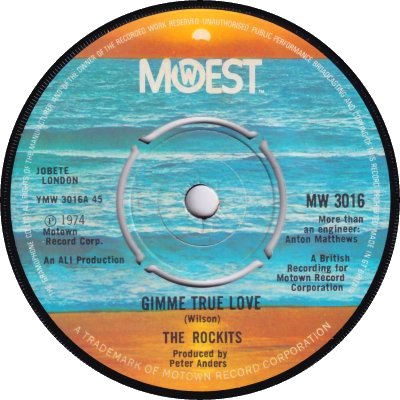
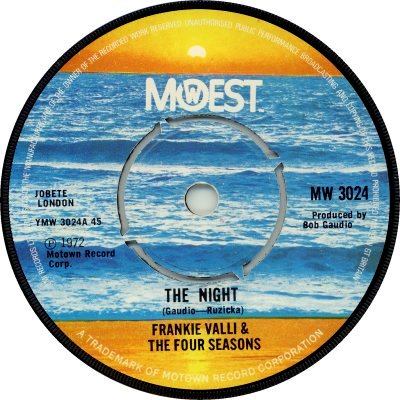
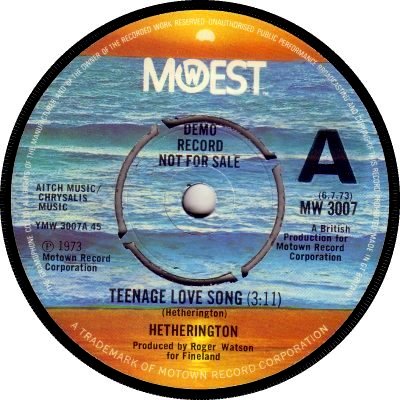
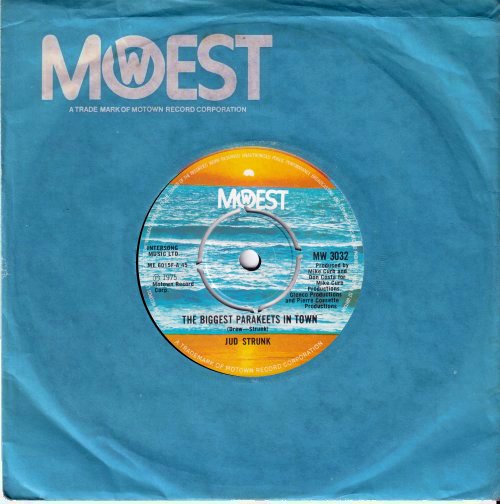
American; an offshoot of Motown. Mowest - or 'MoWest' as it was sometimes referred to - first saw the light of day in June 1971 in its native land. 'Billboard' of the 10th of July noted that its first single was already out and said that the new label was being used to expand Motown's musical horizons. Both Motown's own A&R staff and outside producers would provide material for it, and all areas of commercial Pop would be covered by it. Expectations were high, and the Soul notes in 'BB' of the 11th of March 1972 commented that Suzanne De Passe was 'Busy building Mowest into the pride of Motown'. It seems that MoWest's function may have altered before too long: according to both 'Music Week' of the 9th of September 1972 and 'BB' of the 16th of that month it was currently intended to be an outlet for product originating with Motown's then-new West Coast office. 'MW' of the 7th of October was optimistic about the label's future: it suggested that with Motown moving its record operations to the West Coast it could become increasingly important and could possibly be used for the majority of future talent signed to Motown. That turned out not to be the case. A mere six months or so later, towards the end of March 1973, MoWest issued its final single in the USA and its artists transferred to the main Motown label.
MoWest enjoyed a rather longer existence in Britain, coming on the scene in October 1972 and lasting until the summer of 1976. Both 'MW' of the 9th of September and 'BB' of the 16th expected it to make its debut here in November, with the latter adding that EMI was preparing a big promotional push for it, but in the event it emerged a month early; 'BB' of the 14th of October revealed that the launch was to be that week. Prior to the launch some material from American MoWest had come out here on Tamla Motown, latterly with the credit 'A Mowest Recording' on the labels. After the demise of its American counterpart British MoWest found an unexpected new lease of life. 'MW' of the 3rd of March 1973 revealed that Motown had set up a production company in the UK and had started leasing British material and signing British artists directly. MoWest served as one of the outlets for material from that UK company, the other being Rare Earth (q.v.). In addition it featured releases from within the Motown family which didn't fit the Tamla Motown label image, for example Country singles from the American Melodyland / Hitsville (q.v.) labels and Pop ones from The Boone Family. Its final British production hit the shops in May 1975, and for the last year of its life it concentrated on American material. Its very last single came out in July 1976. The majority of MoWest's UK recordings were produced and / or performed by Phil Cordell, with non-Cordell ones being in the majority on Rare Earth. None of them seem to have been released in the USA.
Despite the presence on its books of some artists who had been or would be hitmakers MoWest only troubled the Charts over here once. Its second release of 'The Night' b/w 'When The Morning Comes' by Frankie Valli & The Four Seasons (MW-3024; 3/75) was the one that did the trick, climbing to the No.7 spot in the spring of 1975. Of late, it has become modestly collectable among Northern Soul fans. Catalogue numbers were in a MW-3000 series, and EMI handled pressing and distribution, as it did for the other Motown labels in the 1970s. The label design remained basically unchanged throughout, but there was an alteration to the perimeter text in March 1975 when the reference to 'The Gramophone Co.' at 8 o'clock (1) changed to 'EMI Records' (3) - a similar change had taken place on most of the other EMI group labels some eighteen months earlier, so perhaps MoWest were being financially prudent and using up existing stock. Records affected were MW-3024 onwards. Singles for which Motown's UK branch were responsible had 'A British Recording For Motown Record Corporation' added to the labels (2). Demo copies were marked in the usual EMI manner (4) and there was a company sleeve (5).
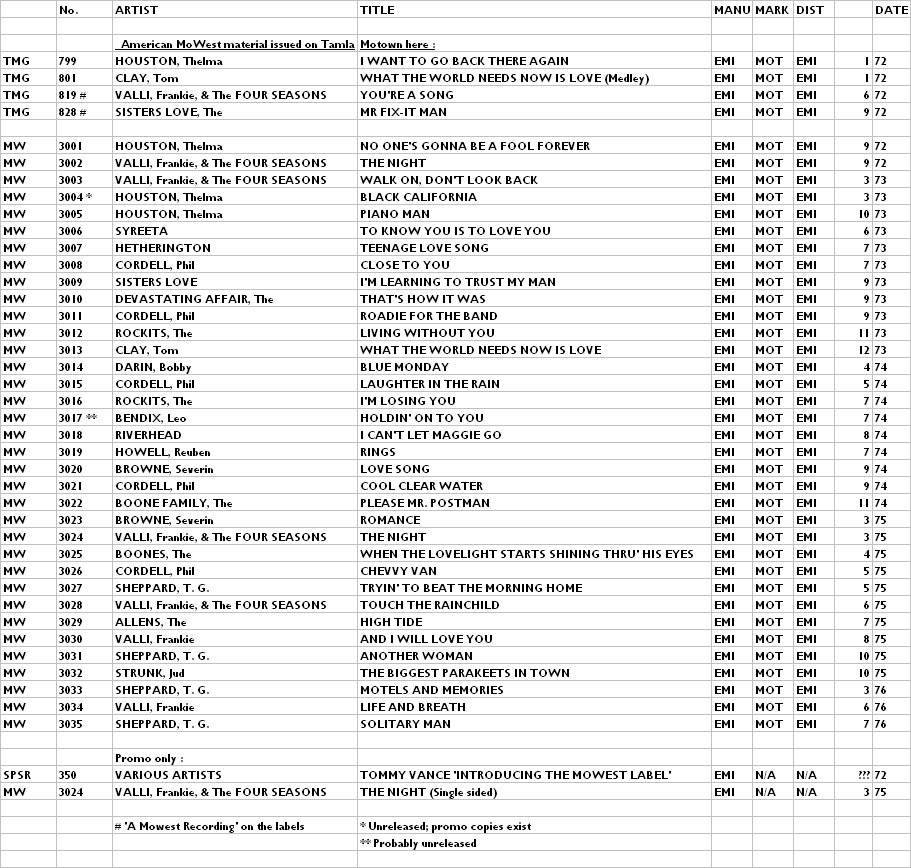


Copyright 2006 Robert Lyons.

